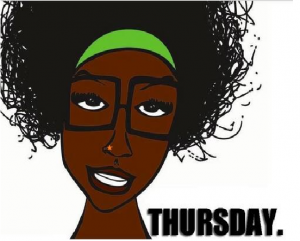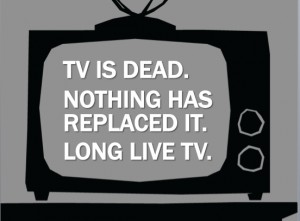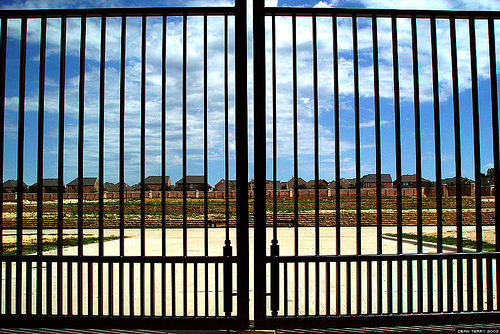Vines are 6 second long videos that do to YouTube’s formula what Twitter did to Facebook’s: repackage it smaller and allow for a vastly increased amount of accessibility for creation. Like Twitter’s 140 character limit, the 6 second time limit creates a restriction that promotes a community that uses their time as efficiently and smartly as possible. Instead of truly being a limiting force, this 6 second limit encourages Vine’s millions of users to do unique and intelligent things with the brief span of time that they do have, especially if one is trying to produce original content.
This limiting force is not a perfect blessing for creativity, though. There is a sizable community on Vine of users who create and recycle a distinct style of memes, en masse, with effort only in transforming the meme just enough that is received as a unique iteration. I am not saying these memes videos are undesirable or detestable by any means, but rather that the air of creativity that the limiting factor has on those making original content for Vine has an equally sizable side effect for those users who are not trying to produce original content – the format, and the fact that Vines can be shot and edited from a phone mean that it is unbelievably simple to hop on the meme-train on Vine, especially considering the memes on Vine consist mostly of soundbites or their video equivalent, timing in at one half to 3 seconds. This means that the remainder of time is even more severely limited, and can really only be used to set up a joke, with whatever meme is to be used as the punchline. This diminishes the total creativity in the system by simplifying the process by which a Vine can achieve popularity.
Vine represents, to me, the trend for digital items to be made as digestible as possible. In some ways, Vines are even more package-able than animated gifs – a gif can be more than 6 seconds, for instance – and the fact that sound is included asks the question of the creators: how much content can you shove into this tiny box? Depending on the creator, the answer ranges, but it isn’t hard to find impressive displays of organization and comedic timing if you look enough.
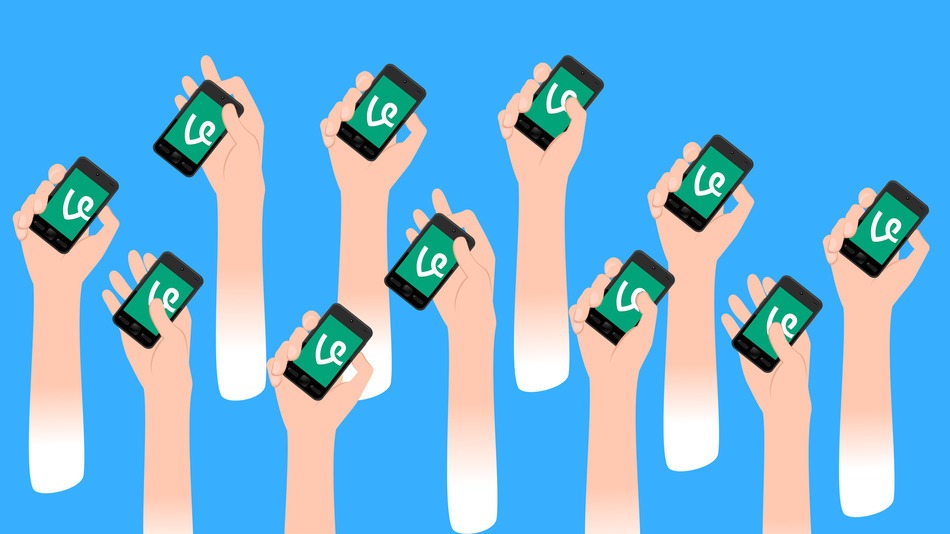



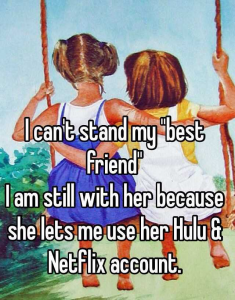 When I go back to school I often miss a season due to the lack of availability I have with television. This past semester I found out one of my friends has a Hulu Plus account he never uses. Being the good friend I am, I offered to watch the missing seasons of my favorite show, not even needing to turn on my TV in my dorm room. I also have a friend who graciously pays for her Netflix account while letting me and a few others mooch off of her. Thanks to my great friends, I really have no need to sit and watch television, because I can watch my favorite shows on my computer screen for free. It is interesting to see the shift from television to web in my life because of its convenience and low cost.
When I go back to school I often miss a season due to the lack of availability I have with television. This past semester I found out one of my friends has a Hulu Plus account he never uses. Being the good friend I am, I offered to watch the missing seasons of my favorite show, not even needing to turn on my TV in my dorm room. I also have a friend who graciously pays for her Netflix account while letting me and a few others mooch off of her. Thanks to my great friends, I really have no need to sit and watch television, because I can watch my favorite shows on my computer screen for free. It is interesting to see the shift from television to web in my life because of its convenience and low cost.